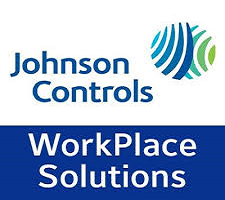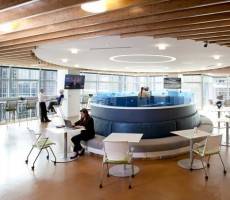October 14, 2014
Generational shift means Gen Y women best suited to take a seat on the board
 Organisations that persist in appointing all-male boards were named and shamed last week by UK Business Secretary Vince Cable and Lord Davies, who published the ground-breaking Women on Boards report. Now a new piece of research by Hudson has found that Generation Y females – those in their twenties and early thirties – are the natural leaders of the future. Generation Y women top the charts when it comes to being ‘socially confident’, ‘helpful’, ‘organised’ and ‘meticulous’, compared to their Gen Y male counterparts. Far removed from ‘traditional’ leadership skills (persuasion, confidence, extraversion), they bring a completely different, and more relevant, set of skills to the business environment of today – and tomorrow. Interestingly, when compared to Boomer males, (some of whom we’d assume must be well represented on current boards) the difference in skill areas are most acute: Generation Y females ranked 16% higher on people skills, 22% higher on social confidence, 22% higher on altruism, 16% higher on optimism and 21% higher on ambition. More →
Organisations that persist in appointing all-male boards were named and shamed last week by UK Business Secretary Vince Cable and Lord Davies, who published the ground-breaking Women on Boards report. Now a new piece of research by Hudson has found that Generation Y females – those in their twenties and early thirties – are the natural leaders of the future. Generation Y women top the charts when it comes to being ‘socially confident’, ‘helpful’, ‘organised’ and ‘meticulous’, compared to their Gen Y male counterparts. Far removed from ‘traditional’ leadership skills (persuasion, confidence, extraversion), they bring a completely different, and more relevant, set of skills to the business environment of today – and tomorrow. Interestingly, when compared to Boomer males, (some of whom we’d assume must be well represented on current boards) the difference in skill areas are most acute: Generation Y females ranked 16% higher on people skills, 22% higher on social confidence, 22% higher on altruism, 16% higher on optimism and 21% higher on ambition. More →

























October 6, 2014
We’ve long had ‘overwhelming evidence’ for the link between office design and productivity
by Mark Eltringham • Comment, Facilities management, Workplace, Workplace design
More →